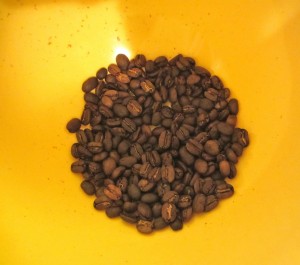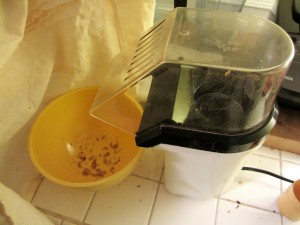Speaker Quotes from XOXO 2016
The speakers at the XOXO 2016 Conference were amazing and covered a huge range of topics. Here is a collection of quotes from the talks. I jotted these down as I heard them, while trying to follow the talk, so there may be some transcription errors.
What is work? -Â David Rees
Your ideas might be smarter than you -Â Simone Giertz
Follow your dreams right up to the point where they become your job, and then run the opposite way -Â David Rees
I believed in the myth of no effort – John Roderick
OOPS! I made something people are using – Leaf Corcoran
People who succeed lose the right to ask for help -Â Lucy Bellwood
Platitudes are designed to be told to people who have talent but don’t work hard – John Roderick
Theres an inscrutability to being kind and bubbly all the time -Â Lucy Bellwood
Emotional control is the ability to resist the urge to appear put together -Â Sammus
When you’re building things as a kid, no one expects you to build useful things – Simone Giertz
Kids today are born into a recording device, the internet – Neil Cicierega
Where there is surveillance, power imbalances will be exploited in an unethical way – Sarah Jeong
You work so hard. You should be making more – Lucy Bellwood
It is okay to keep the money people give you to because they like the things you make – David Rees
[On the internet today,] eyeballs are an encroachment that have to be paid for -Â Sarah Jeong
1995, a time before content – Neil Cicierega
You are allowed to want the stability of an income -Â Lucy Bellwood
So I just quit . . . making an effort – John Roderick
Ideas first, tools later -Â Simone Giertz
Things on radio are often disappointing when you see them in real life – Starlee Kine
The computer as a glowing box of secrets -Â Neil Cicierega
When it comes to satire, always read the comments -Â Jenn Schiffer
I made [the circuit board] blue because green is scary – Star Simpson
I wanted them to succeed -Â Leaf Corcoran
I want to impress Tokyo – John Roderick










